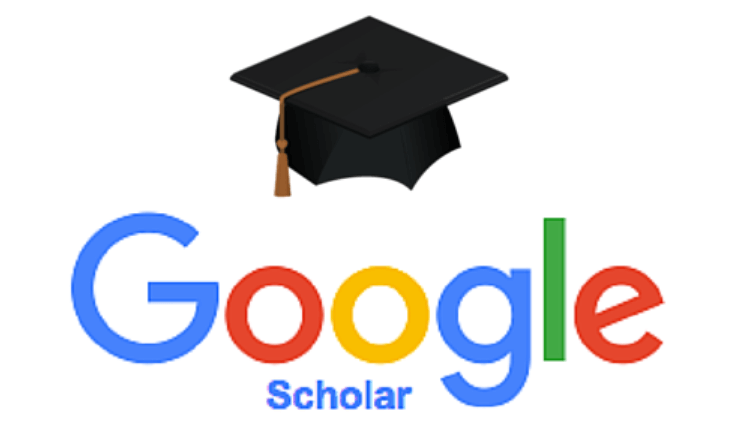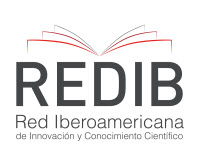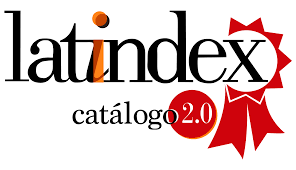Esta obra está bajo licencia internacional https://creativecommons.org/licenses/by-nc-sa/4.0/deed.es
La revista (y sus contenidos) emplean las licencias Creative Commons, específicamente la del tipo CC BY NC SA 4.0, la cual establece que “el beneficiario de la licencia tiene el derecho de copiar, distribuir, exhibir y representar la obra y hacer obras derivadas siempre y cuando reconozca y cite la obra de la forma especificada por el autor o el licenciante”. La licencia del tipo CC BY NC SA 4.0 contempla tres categorías,
- Atribución.
- No Comercialización de la obra.
- Compartir igual
Los lectores son libres de:
- Compartir — copiar y redistribuir el material en cualquier medio o formato
- Adaptar — remezclar, transformar y construir a partir del materialLa licenciante no puede revocar estas libertades en tanto usted siga los términos de la licencia
- Siempre y cuando se respeten y contemplen la atribución de autoría y la no comercialización del material.
Abstract
The objective of this study was to study the perception of English teachers on the use of technology in Teaching English as a Foreign Language (TEFL). In order to achieve this goal, three public schools, three private schools and three language institutes were selected. English teachers participated in a 2-hour workshop for using technology to teach English as a foreign language. After using the tools that were explained in the workshop, teachers had to take a survey to determine if they thought that technology had helped them to teach their students and if they thought it was important to organize more workshops to improve their knowledge. It was determined that 100% of teachers are willing to participate in professional development courses and they think it is important to do it but they do not attend those courses because of their work schedule. This research concluded that it is necessary to make some decisions to make the use of technology in class successful.
References
Becker, H. J. (2000). Findings from the teaching, learning, and computing survey: Is Larry Cuban right? [Electronic version]. Education Policy Analysis Archives, 8(51).
Darling-Hammond, L. (2003). Keeping Good Teachers: Why It Matters, What Leaders Can Do. Educational leadership, 60(8), 6-13.
Dudeney, G., & Hockly, N. (2007). How to teach English with technology. Pearson Education.
Ertmer, P. A. (2005). Teacher pedagogical beliefs: The final frontier in our quest for technology integration?.Educational technology research and development,53(4), 25-39.
Ertmer, P. A., Ottenbreit-Leftwich, A., & York, C. S. (2006). Exemplary technology-using teachers: Perceptions of factors influencing success. Journal of Computing in Teacher Education, 23(2), 55-61.
Hafner, C. A., Chik, A., & Jones, R. H. (2015). Digital literacies and language learning. Language Learning & Technology, 19(3), 1–7. Retrieved from http://llt.msu.edu/issues/october2015/commentary.pdf
Karimi (Allvar), M. (2011). The Effects of Professional Development Initiatives on EFL Teachers’ Degree of Self Efficacy. Australian Journal of Teacher Education, 36(6).
Levin, T., & Wadmany, R. (2008). Teachers' views on factors affecting effective integration of information technology in the classroom: Developmental scenery.Journal of Technology and Teacher Education, 16(2), 233.
Lin, C.-H., Warschauer, M., & Blake, R. (2016). Language learning through social networks: Perceptions and reality. Language Learning & Technology, 20(1), 124–147. Retrieved from http://llt.msu.edu/issues/february2016/linwarschauerblake.pdf
Tour, E. (2015). Digital mindsets: Teachers’ technology use in personal life and teaching. Language Learning & Technology, 19(3), 124–139. Retrieved from













